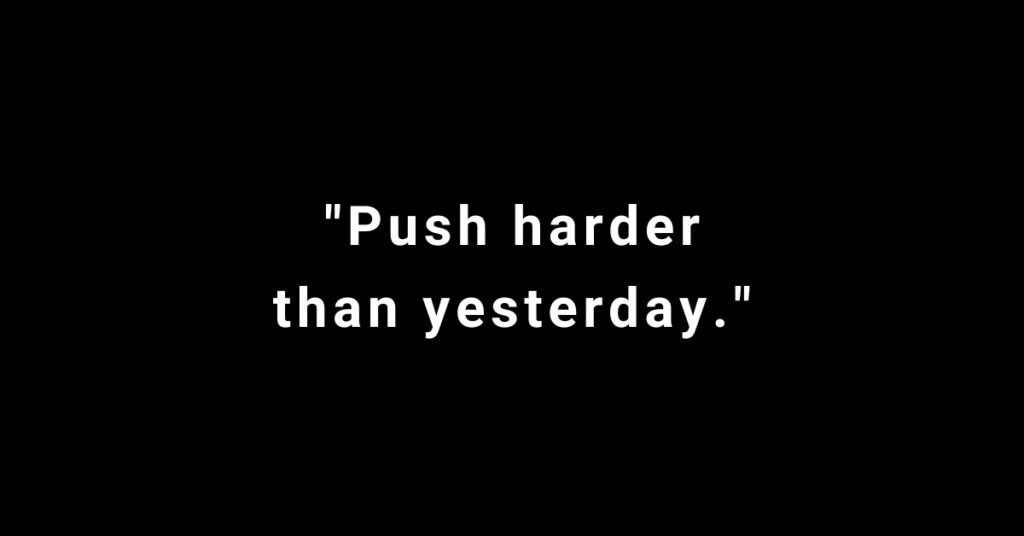Top mistakes to avoid when buying a business. Learn how to make informed decisions and ensure a smooth purchase process.
Table of Contents
Introduction
Imagine this: You are sitting in a coffee shop, scanning through a promising business listing.
It is the perfect opportunity to be your boss, build something great, and live your dream.
However, wait.
Before you sign on the dotted line, there are critical mistakes you must avoid.
Buying a business is like navigating a maze.
It is exciting, but one wrong turn can lead to a dead end.
Let’s examine some common pitfalls and how to avoid them so you can make the right choice.
Mistake 1: Skipping Thorough Research
Picture this: A business catches your eye, and it is love at first sight.
Without digging deeper, you rush in, only to discover hidden issues months later.
It is a nightmare that happens all too often.
How to avoid this mistake:
- Dive into financial records: Analyze the business’s economic history. Ask for records going back at least three years to get a clear picture of its performance.
- Understand the industry: Study industry trends and competition. Is the market stable or in decline?
- Investigate reputation: Talk to customers, employees, and suppliers to understand how the business is perceived.
Pro Tip: Consider using online tools or hiring a consultant to evaluate industry benchmarks and market potential.
Doing your homework will uncover the story behind the numbers and make a more informed decision.
Mistake 2: Overlooking Legal and Financial Issues
Ever heard the phrase, “What you do not know can hurt you”? This is especially true regarding legal and financial issues in a business purchase.
Imagine buying a bakery and discovering later that it owes thousands in unpaid taxes.
Ouch.
How to avoid this mistake:
- Hire experts: Work with a lawyer specializing in business acquisitions and an accountant to verify financial health.
- Scrutinize liabilities: Check for pending lawsuits, hidden debts, or compliance issues.
- Verify tax records: Ensure there are no unpaid taxes or discrepancies.
Example: A buyer once purchased a retail shop and later discovered it had $50,000 in unpaid sales tax. A quick review of tax records could have saved them the headache.
Think of it as protecting your future self from avoidable headaches.
Mistake 3: Neglecting to Assess Personal Compatibility
Picture this: You are a tech enthusiast, and you buy a quaint bookstore.
A few months in, you are drowning in boredom.
Why?
The business does not match your interests or skills.
How to avoid this mistake:
- Reflect on personal goals: What are your strengths, weaknesses, and passions? Are you equipped to run this type of business?
- Evaluate daily operations: Ask yourself if you will enjoy the day-to-day responsibilities.
- Have a vision: Does this business align with your long-term goals?
Insight: Passion drives performance. A mismatch between you and the business can lead to frustration and underperformance.
Compatibility is not just a buzzword but the foundation of long-term success.
Mistake 4: Overpaying for the Business
Imagine walking into a dealership and paying a sticker price for a car without negotiating.
Now multiply that mistake by ten when it comes to buying a business. Sellers often set high prices, hoping you will not question it.
How to avoid this mistake:
- Get a professional valuation: Have an expert appraise the business to determine its true worth.
- Compare market data: Research similar businesses to see what they sell for.
- Negotiate smartly: Use factual data, not emotions, to drive the conversation.
Pro Tip: Sellers might inflate the value based on “potential” rather than actual performance. Focus on tangible metrics.
Remember, a savvy buyer knows the true worth of what they are purchasing.
Trivia
Did you know? A U.S. Small Business Administration study found that nearly 20% of small businesses fail within their first year, often due to poor financial planning. Do not let a rushed decision add you to this statistic.
Mistake 5: Not Planning for the Transition
Imagine buying a business only to see employees quit, customers leave, and operations grind to a halt.
This scenario happens when the transition is not handled well.
How to avoid this mistake:
- Collaborate with the seller: Develop a transition plan that includes knowledge transfer and operational handover.
- Communicate with employees: Be transparent about changes and reassure them about their roles.
- Retain key staff: Identify essential employees critical to the business’s success.
Example: A new cafe owner retained the head chef and barista during the transition, ensuring continuity for loyal customers.
A little planning goes a long way in keeping the wheels turning.
Conclusion
Buying a business can feel like stepping into a new chapter of your life.
It is thrilling, but it is also a journey that demands preparation.
By avoiding these common mistakes, you will set yourself up for success and turn your entrepreneurial dreams into reality.
Ready to learn more about navigating the business world?
Check out our other articles for practical tips and inspiration.
Moreover, if this post helped you, share it with someone considering buying a business.
You never know—you might save them from making a costly mistake!






